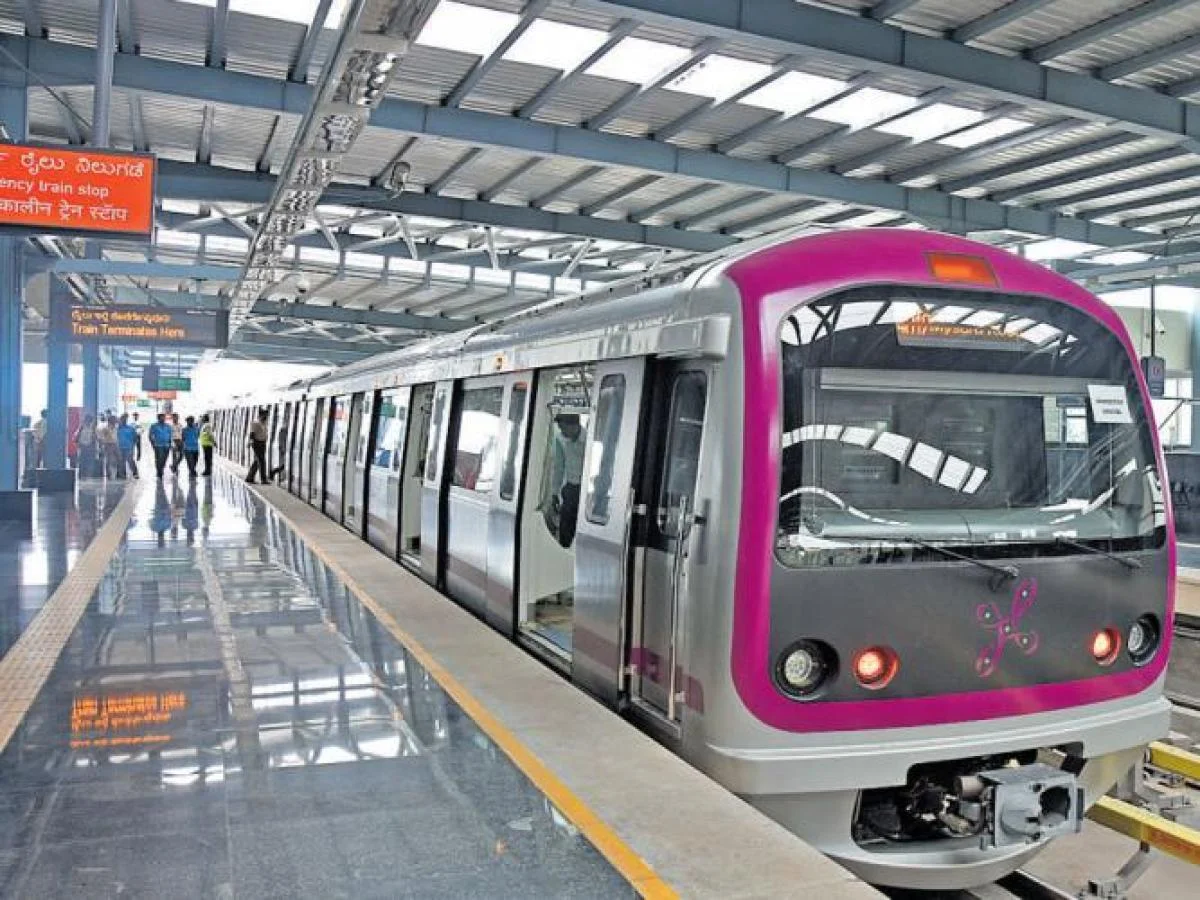Bengaluru is poised for a significant transformation in its urban mobility landscape, with the Metro network embarking on an ambitious expansion journey.
Union Minister of Housing and Urban Affairs, Manohar Lal, recently detailed the extensive developments underway, underscoring not just the sheer scale of investment but also the strategic integration of metro development with broader sustainability imperatives. This comprehensive approach aims to solidify Bengaluru’s position as a leading example of a city committed to a drastically reduced carbon footprint, enhanced mobility efficiency, and equitable urban living for its burgeoning population. The existing Bangalore Metro network, currently spanning 75 operational kilometres, is set to witness monumental growth, with an additional 145 kilometres already under various stages of construction. This substantial expansion, coupled with considerable financial outlays, including a sanctioned ₹15,600 crore for Phase-3 and a proposed ₹28,400 crore for Phase-3A, represents a robust commitment to public mass transit. Such investments are fundamental to a city’s transition towards sustainability, as metro systems inherently offer a low-carbon alternative to private vehicular transport, directly contributing to the mitigation of urban emissions and chronic traffic congestion.
A cornerstone of this future-centric urban planning is the strategic focus on Transit-Oriented Development (TOD). Minister Lal’s advocacy for an increased Floor Area Ratio (FAR) along metro corridors is a pivotal policy lever designed to foster higher-density, mixed-use developments around transit hubs. This approach encourages residents to live, work, and access services within walking or cycling distance of metro stations, thereby significantly reducing reliance on private vehicles. The resultant decrease in daily commutes by personal cars and motorcycles will yield substantial reductions in vehicular pollution and fuel consumption, moving Bengaluru closer to its zero-net carbon aspirations through smarter land use and integrated urban design. The vision extends beyond mere physical connectivity. Minister Lal also emphasised the critical importance of reusing treated wastewater, a key initiative that aligns directly with the principles of resource conservation and circular economy for a truly eco-friendly city. This focus on water sustainability, alongside mass transit expansion, exemplifies a holistic approach to urban development, acknowledging that environmental resilience is intrinsically linked to efficient resource management. Furthermore, the exploration of financial reforms to secure interest-free loans for infrastructure development underscores a commitment to accelerate the implementation of such green and sustainable projects.
Crucially, the expansion of the metro network promises to foster greater equity and inclusivity within Bengaluru’s urban fabric. By providing reliable, accessible, and affordable public transportation, the metro democratises access to economic opportunities, educational institutions, healthcare facilities, and cultural centres across the city. This improved connectivity significantly benefits all segments of society, irrespective of gender or socio-economic standing, alleviating the burden of long and arduous commutes that often disproportionately affect vulnerable populations. It ensures that the benefits of urbanisation are shared more equitably, enhancing the overall liveability and quality of life for every citizen. As the revised cost estimate for Bangalore Metro Phase-2 awaits scrutiny and the Phase-3A proposal undergoes expert evaluation, pending response from the Government of Karnataka, the multi-stakeholder collaboration highlights the intricate process of building a sustainable metropolis.
Bengaluru’s metro expansion is not merely an engineering feat; it is a strategic blueprint for an integrated, resilient, and equitable urban future, setting a benchmark for sustainable transit solutions in India.
Also Read: Mumbai Metro Construction Barricades Removed to Ease Traffic Flow
Bengaluru Metro Expands For Sustainable Green Equitable Urban Future


